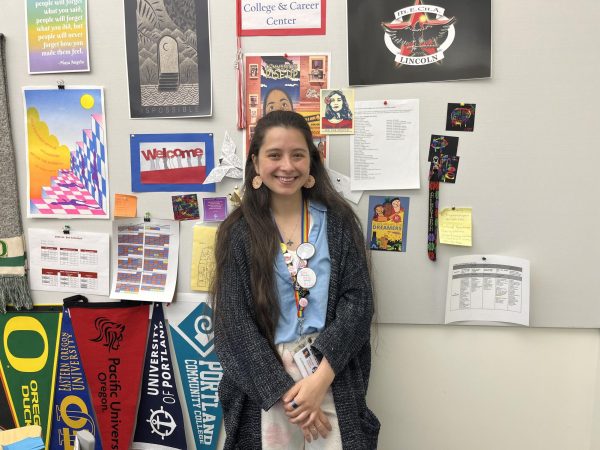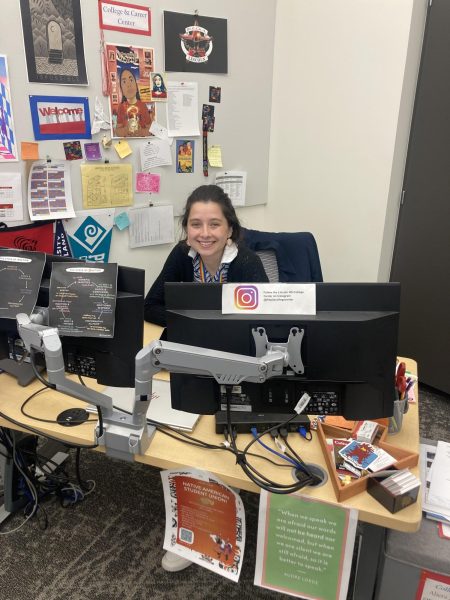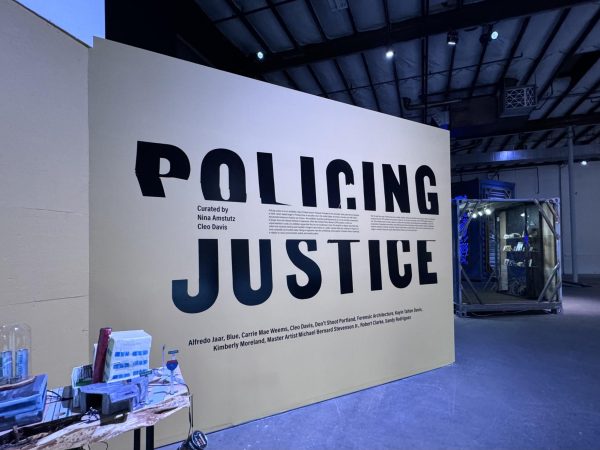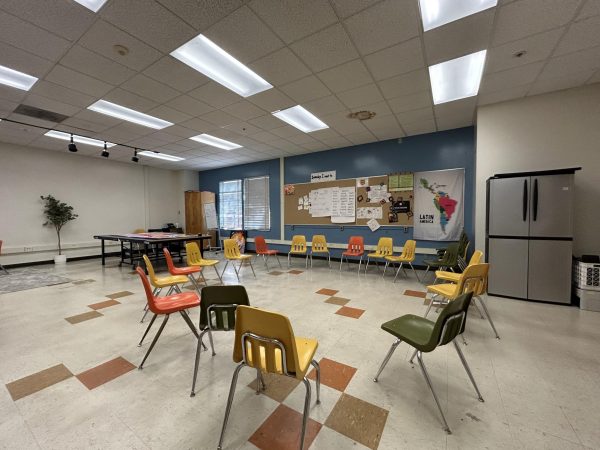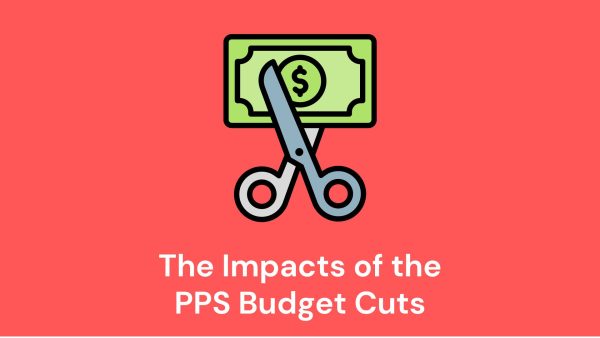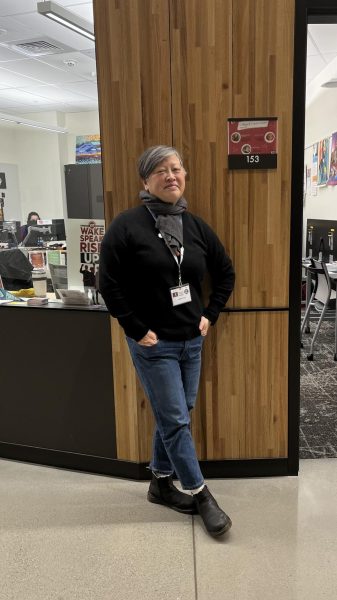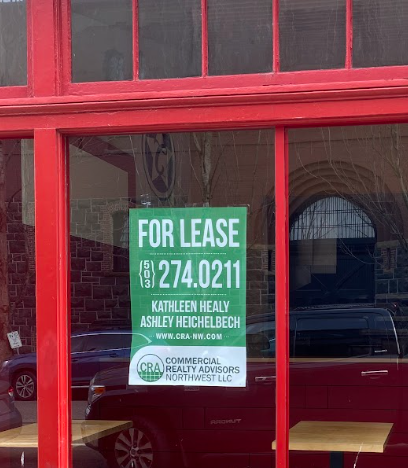“It’s the real thing:” Senior wins coveted Coca-Cola scholarship
Senior Alex Zhang was one of 150 2016 Coca-Cola Scholars, chosen from a pool of 87,000 applicants nationwide.
87,000 applied. 150 were selected as 2016 Coca-Cola Scholars, earning $20,000 in scholarship money and lifelong social connections. Lincoln senior Alex Zhang was among them.
The Coca-Coca Scholars Foundation, in its 28th year, awards over $3 million annually to “socially conscious and servant-minded” students, says Lauren O’Brien, communications manager for the foundation. “They are visionary leaders who have a passion for bettering our world.”
This year, Zhang was also named a Presidential Scholar by the U.S. Department of Education, awarded to only two graduating seniors in each state.
Zhang’s mother encouraged him to apply for the Coke scholarship. The initial application was simple. He completed it after finishing college applications last fall. Then, as a semifinalist, Zhang wrote several essays to evaluate service and leadership qualities. Zhang believes this may have boosted him over the competition.
“My essays really conveyed what I care about, which is coming from a position of privilege and feeling an obligation to give back to less privileged people,” he says, “and doing so at a very local level.”
Zhang works with several organizations to improve his community, including the Multnomah Youth Commission, which advises the county. Zhang believes in “pragmatic solutions where you help people, and they then have the ability to help themselves, so it’s a very sustainable process..”
His leadership experience includes student government, this year as ASB co-President.
Finally, interviews determined the 150 scholars.
Two other Oregon students were honored: Nadya Okamoto of Catlin Gabel and Bhavin Gupta of Westview High School. Lincoln senior Ruhika Prasad reached the semifinal stage.
Zhang credits his mother, principal Peyton Chapman, counselor Chris Barrar and his teachers for helping him win the award. Specifically, Zhang nominated math teacher Chadwick Hamilton for the Distinguished Educator award.
As part of the scholarship, Zhang attended the Scholars Weekend in Atlanta, where Coca-Cola is headquartered.
The trip was “mostly about getting to know everyone,” he says. They had free time to hang out, visited several museums and concluded the weekend with a dance. “One of the best parts was meeting people from all over the U.S. and seeing their different perspectives,” he says.
Zhang will put the grant toward his tuition at Harvard in the fall. But he believes the even greater impact will come later, as he will be able to tap into his “connections to other scholars in [my] class, but also a really extensive alumni network. That, more than anything else, is going to be really invaluable. I’ll have those contacts and friends for the rest of my life.”
O’Brien agrees. “The lifetime connection, camaraderie and sense of family are what make the Coca-Cola Scholars Foundation unique among scholarship programs,” she says.
Zhang hopes that his selection will prompt other Lincoln and Portland Public Schools students to apply. “I feel that a lot of students at Lincoln could become Coke scholars, but the program traditionally hasn’t been on the radar here. This tells me that other people at this school can too.”
Several of his teachers, including Hamilton, saw characteristics that set Zhang apart long before he earned the scholarship. “Alex is a naturally very independent and mature student,” Hamilton says, “but more than that, he doesn’t approach school with a rote perspective, he approaches it in a problem solving way.”
When Hamilton taught Zhang in IB HL 3-4 Math last year, he observed that for Zhang, “it wasn’t about ‘how do I do this problem,’ it was about how do I completely understand this concept.”
He was also a strong self-advocate, Hamilton says. “When there was stuff he didn’t understand, he got support from people around him and came to see me before school.”
All of these personality traits are not to say a strong work ethic was not essential for Zhang be successful, says Hamilton. “When we say people are good at things, students typically think that means they’re naturally good, but Alex works really hard. He deserves all the credit for this.”
Though Hamilton only saw Zhang in math classes, he believes the characterics he observed have helped Zhang to be successful in all aspects of life, including earning the Coke scholarship. “Math really is a filter for the world. If you’re good at a component of mathematics, such as problem solving or being naturally reflective, those really help you understand the world around you.”
Zhang completed Lincoln’s math class offerings last year, but returned to Hamilton’s classroom this year as a peer tutor. Between Zhang and junior Lang Ming, “they were able to answer questions so much that it was a huge support for me.”
Hamilton was even able to learn from Zhang. “I learned a lot about him as a person, in terms of his perspectives, what it’s like being an Asian male, what it’s like being an athlete,” he says.
Zhang’s counselor Chris Barrar quickly noticed Zhang’s leadership abilities. “He is a person who gets everyone else involved. He listens to what other people have to say and makes them feel really valued,” she says. “He would never put anyone down.” As ASB co-president, Zhang has “really honored freshman and made them feel welcome,” Barrar says.
She has also noticed his strong desire to learn and make the most of his educational opportunities. “He takes classes outside of Lincoln just to further his learning. He doesn’t do this for the grade, he does it to get what he can out of the classes he takes.”
Barrar says that she had little trouble writing recommendations for Zhang to help him earn the scholarships. “He is probably one of the top students I have ever worked with in my 16 years and one of the nicest,” she says. “I know that he’s going to one of those students that we’ll hear more about later. He’ll go on and do great things.”
Though Zhang is “very grateful” for the award, he believes the program needs to be adjusted to reach a more diverse group of students. “I don’t like the idea of the first step of the application process being automated because that becomes basically a competition between who can list the most awards,” he says. “That excludes a lot of very passionate individuals immediately. I think that a lot of the same people are getting awards over and over.
“If these organizations could do more local outreach to better identify youth who are making efforts to change the world, then that would help evenly distribute the distinctions.”
One aspect of the program he does not have criticisms of is the free beverages on his trip to Atlanta. “I don’t drink soda, but Coke owns a lot of companies including Dasani, so I drank a lot of water while I was there,” he laughs.

